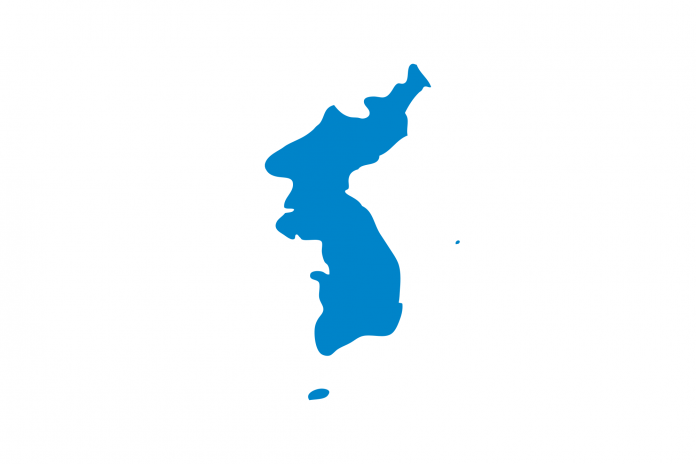The United States of Korea
North and South Korea have announced that their teams will march as one at the Olympics, which will be held in South Korea in February. Choe Sang-Hun in the New York Times writes that it is the most dramatic gesture of reconciliation in a decade.
“The prospect of North and South Koreans cheering together offers a stunning contrast to the bombastic rhetoric of possible war from North Korea’s leader, Kim Jong-un and President Trump of the United States, South Korea’s main ally,” he writes. “A unified team of any kind at the Olympics would be a milestone for the Koreas, which have been bitter rivals in international sports as well as diplomacy and armed conflict, but which also have a history of trying to use sports as an avenue for reconciliation.”
“South Korean athletes, who have far more resources and Olympic experience than their counterparts from the North, have balked in the past at the idea of sacrificing their hard-earned prospects for the sake of parity with North Korea in a united team,” he writes.
In another piece, he writes about the implications of this new development for the United States. “For the White House, however, the budding détente scrambles its strategy of pressuring the North, with sanctions and threats of military action, to give up its nuclear arsenal. This latest gesture of unity, the most dramatic in a decade, could add to fears in Washington that Pyongyang is making progress on a more far-reaching agenda.”
“While a onetime Olympics ceremony is hardly a step toward reunification, the image of athletes marching behind a “unified Korea” flag is a symbolic manifestation of what worries Mr. Trump’s aides.”
Cashless in Caracas
The Venezuela economy has deteriorated to such an extent that even robbers don’t think looting cash is worth their time,writes Francisco Toro in the Washington Post. “As Venezuela sinks deeper and deeper into the first hyperinflation the Western Hemisphere has seen in a generation, bolivar banknotes have come to be worth basically nothing: Each bill is worth about $0.0001 at the current exchange rate, meaning you need to have 100 of them to equal one penny,” he explains.
The most important thing to do in a hyperinflated economy is getting rid of money. “Find a can of tuna? Buy it. Even if you hate tuna. Even if you have no intention of eating tuna. You can always trade it for something else later. Tuna holds its value. Money doesn’t,” he writes.
“The government improvised a clumsy new system to deliver a package of staple goods to people’s homes each month. Unsurprisingly, given the dire state of state finances, that system soon broke down. Too few packages were reaching too few homes, leaving a gap that could be filled only by looting stores still selling expensive goods at international prices.”
“Of course, few stores will think of restocking after they’ve been looted, and virtually none can find the capital to do so. So it looks as though we’re coming to the end of the line: Every last avenue for people to put a meal on the table has been exhausted. A video that went viral recently showed Venezuelans literally running into a cow pasture to stone a calf to death to try to get a meal.”
The situation is devastatingly dire. But how can the Venezuelans get past the problem? “One thing is clear: No one in power much cares,” writes Toro.
First the people, now the press
“Even among that cast of illiberal leaders who rouse mobs with their ruthless policies and disdain for democratic protections, President Rodrigo Duterte of the Philippines stands out for his viciousness,” editorializes the New York Times.
The masses rely on the free press to expose abuses of power, which is why authoritarian leaders usually try to shut down independent media and voices of dissent. Earlier this week, the Philippines government revoked the license of a leading online media site, Rappler. “An independent press is essential to explain why mass extrajudicial killings cannot be the right answer and to prepare the way for the restoration of the rule of law.”
“Of course, Mr. Duterte should be condemned first and foremost for his blatant violations of human rights. But the ability of a democracy to repair the damage caused by bad leaders requires the survival of critical democratic institutions, a free press among them,” writes the editorial board.
“His supporters have also made the Philippines a swamp of fake news, conspiracy theories and online harassment. Mr. Duterte has refused to condemn the flood and has denied any involvement in its creation. Predictably, he also denied that the revocation of Rappler’s license was political, and he said he didn’t care whether or not Rappler continued to operate.”
This tale hits too close to home.



